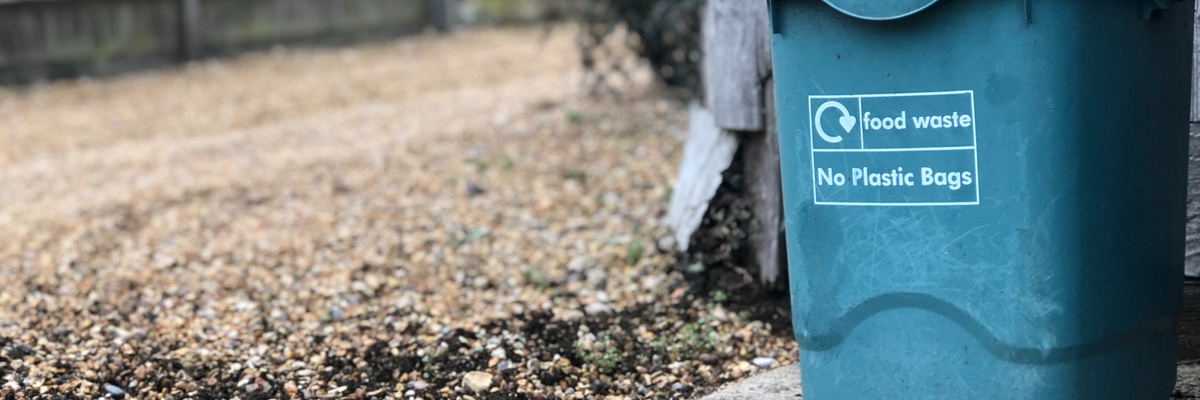

Why it Matters The United States has greater landfill emissions than any other country, the equivalent of 37 million cars on the road each year. Landfills in the US generate 15 percent of the country’s emissions of methane, a greenhouse gas with a potential warming impact 34 times that of carbon dioxide. The single largest input into U.S. landfills is food waste, yard trimmings, and other organic matter. Sending organic matter to composting facilities rather than landfills dramatically lowers emissions — in fact, expanding composting globally would avoid or capture the equivalent of around 3 billion tons of carbon dioxide by 2050. Composting is central to a zero-waste routine. Instead of throwing food scraps into the trash, letting them decompose naturally into rich soil keeps landfills smaller, greenhouse gas emissions lower, and gardens and farms healthier - it's just a really efficient system. Unfortunately, only 4 percent of U.S. households are served by a municipal composting service. Community Composting helps community members to come together to work with a local composting company, contributing to local climate and environmental action.
Background The inspiration for his idea came from The Creation Care team who set up a Community Composting project at the All Saints Episcopal Church, New Albany, Ohio. They were chosen as a winner in the "Community Inspiration" category in the Cool Congregations Challenge. They contracted with a local composting company to pick up compost consisting of food scraps and compostable disposables from the church and invited church members to bring their compostables to the church for pick up.
